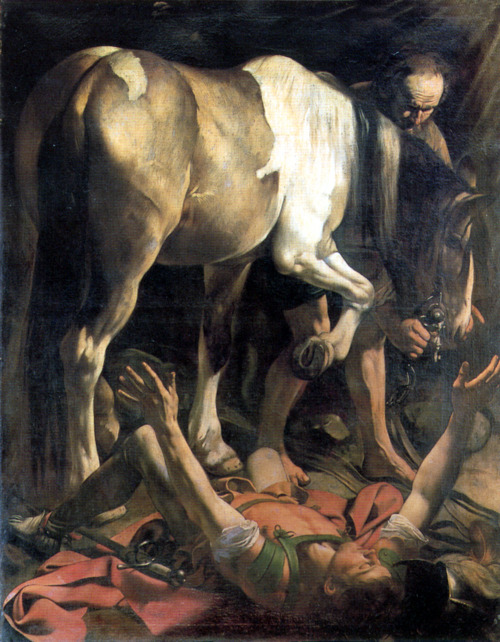Spiritual Sunday
Today in church we hear the story of Paul’s famous “road to Damascus” conversion. Paul (at that point Saul) was persecuting followers of Christ but was suddenly blinded by a great light and heard Jesus calling out , “Saul, Saul, why do you persecute me?” Paul was instructed to seek out Ananias, a Christian disciple, who restored his sight. Paul would go on to become Christianity’s greatest apostle.
Here’s a poem inspired by the story, by Delaware’s poet laureate Fleda Brown. It can also be read as a description of the poetic process or anything that involves inspiration. I love the way that Brown describes the initial moment of God’s call. At first we do not know what to make of it—a miracle has happened but all we see is darkness. Only upon later reflection do the scales fall from our eyes and we see “the something inside the nothing.”
And then, we subject ourselves to strict discipline in an attempt to recreate that moment of contact with divinity. Perhaps it requires becoming once again senseless and blind.
The Road to Damascus
By Fleda Brown
Paul, dust flying, pretty sure of himself,
but beginning, say, to feel the possibility of change.
A swing vote. You know what’s coming:
the blinding light, angels sliding down,
scuffing their wings.
Megaphone voice, quotation marks.
But when he opens his eyes, nothing,
of course, because you have not come to the “inner
meaning.” Frazzled, irreversibly shot through
with someone or something’s idea
of the miraculous, he looks up where stars
used to be.
It’s later, when Ananias places his hands
on Paul’s eyes that the scales fall, translucent
as fish scales, fluttering and shimmering,
and behold: the something inside the nothing.
If life’s short, it’s just been doubled
by a before and an after.
What did you ever yearn for but to arrive
at a climax? Could be anything,
as long as it’s something. The world doesn’t
have to be footnoted with metaphor:
listen, the whole thing could be metaphor.
In any case, after that, you believe
something can happen. You try to reproduce it.
You try the same road, similar weather conditions,
you fix on the same thoughts. Pebbles
and sand again.
Anyone who needs food or drink
or encouragement, you think, okay, maybe
if I give up things, if I get down to nothing,
like being senseless and blind,
maybe then.


